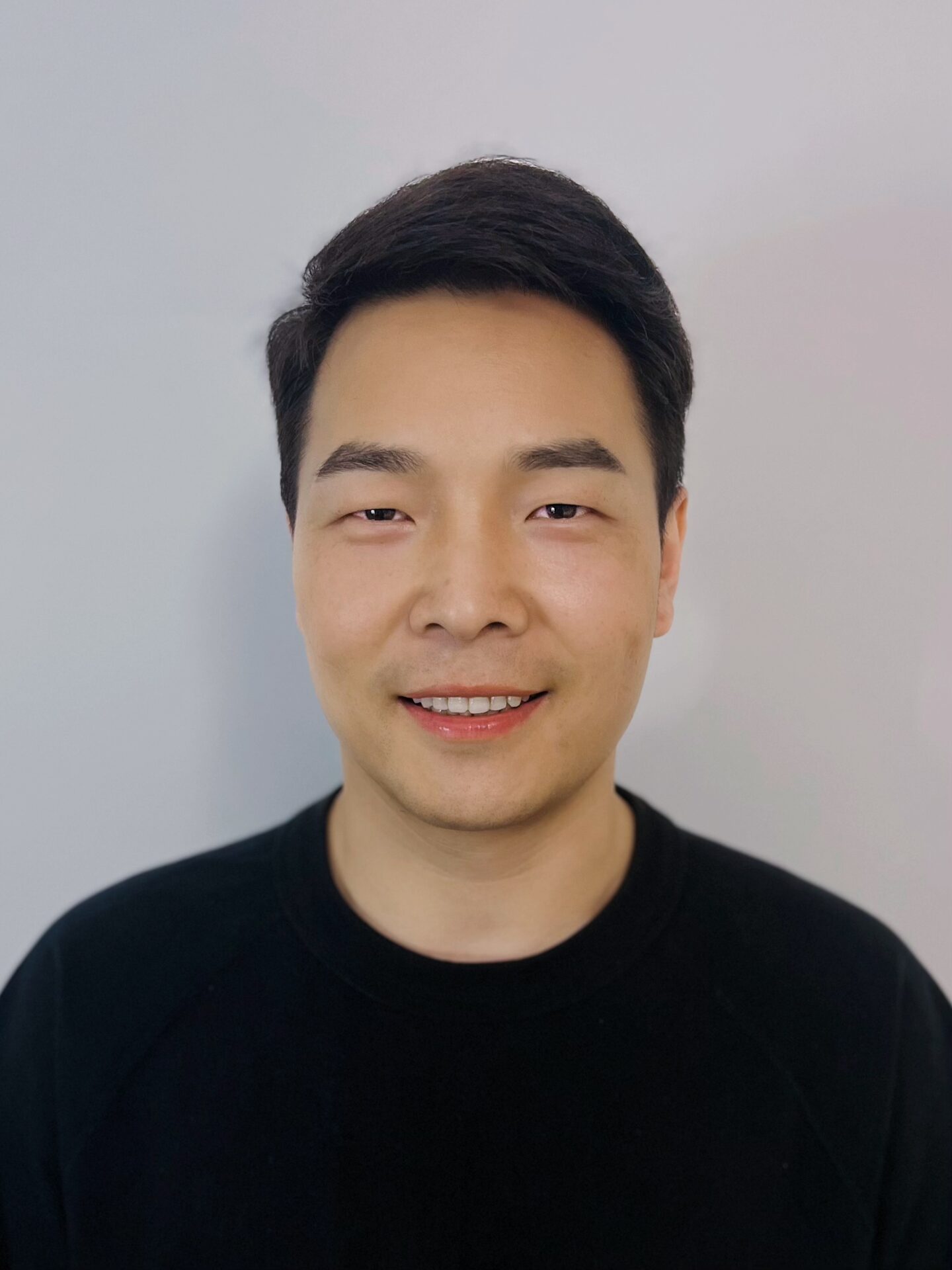
Junzui Li, PhD
CD74 Mediates the Interaction between Ovarian Cancer Cells and the High Fat Metastatic Niche
2025 Mentored Investigator Grant
Northwestern University
Project Summary
Ovarian cancer (OC) often spreads to the omentum, where fat supports tumor growth. Chemoresistant OC displays increased uptake and use of fatty acids. Our research shows that a high-saturated-fat diet contributed to increased peritoneal dissemination of OC tumors. We identified the CD74 receptor to be highly upregulated in these tumors. CD74 knock-down rendered OC cells more sensitive to chemotherapy and inhibited lipid uptake. We propose that CD74 facilitates the crosstalk between OC cells and the metastatic niche in a high-fat environment. This study aims to explore the role of CD74 in OC progression, leading to new treatments targeting this receptor.
This grant was made possible in part by a generous donation from The Donald R. and Esther Simon Foundation.
Bio
Dr. Junzui Li joined Northwestern University Feinberg School of Medicine in May 2024 as a Postdoctoral Fellow in the Department of Obstetrics and Gynecology. With a background in surgery and reproductive medicine, he received his medical degree from Xiangnan University, followed by a Master of Surgery and residency training at Guangxi Medical University. He later earned a Ph.D. in Physiology from Xiamen University, where he studied transcriptional regulation in reproductive disorders involving the uterus and ovary.
As a post-doctor trainee, Dr. Li’s research focuses on the molecular mechanisms underlying ovarian cancer progression, with a particular interest in studying metabolic adaptions associated with chemoresistance. In this proposal, he will explore the role of the CD74 receptor in ovarian cancer, particularly in the context of high-fat diet-induced tumor progression. By integrating multi-omics analysis with metabolic assays, he aims to investigate how CD74-mediated lipid uptake facilitates the crosstalk between ovarian cancer cells and the metastatic niche in a high fat environment. His long-term goal is to develop precision medicine strategies targeting metabolic vulnerabilities in ovarian cancer.